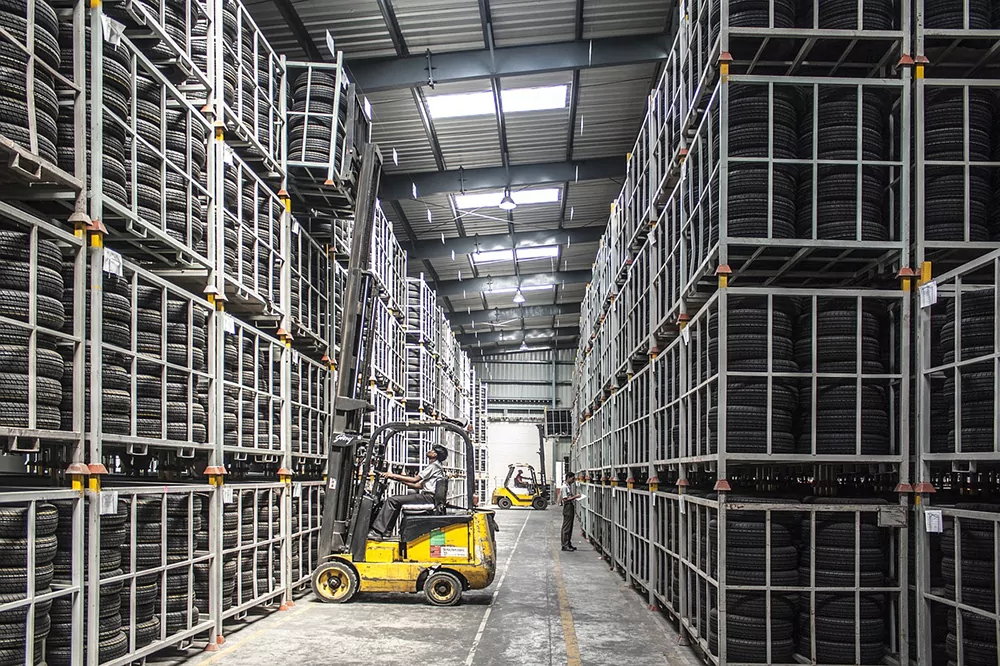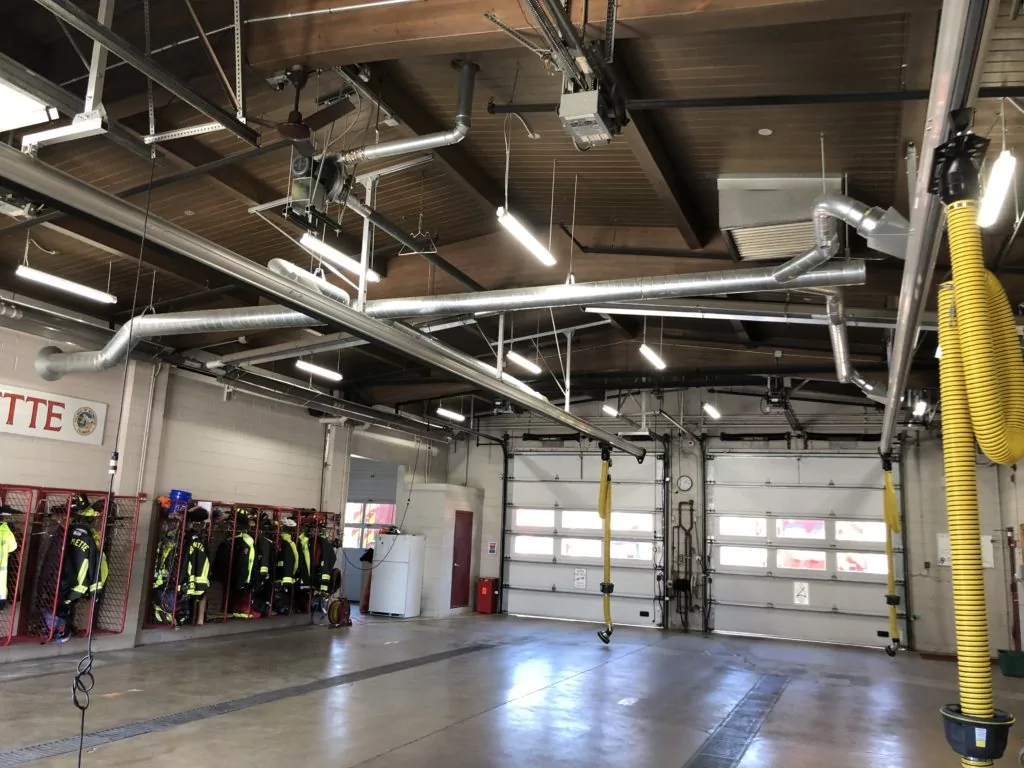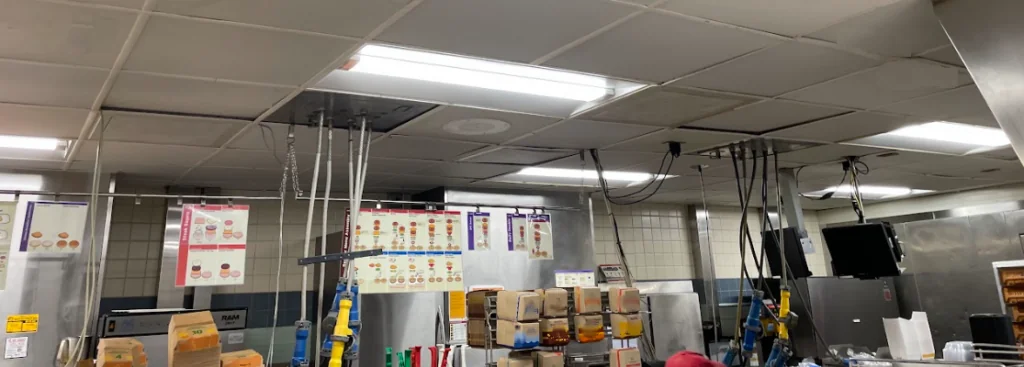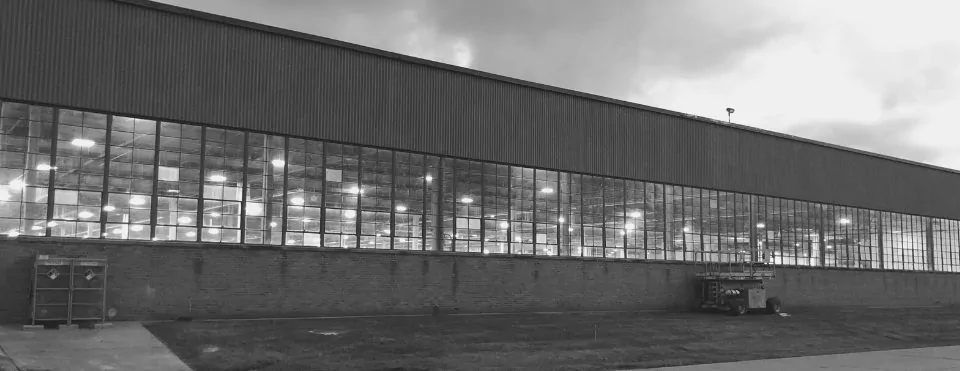Energy Efficiency in Buildings Calculations

Sep 19 2023
Energy efficiency in buildings is the ability to reduce energy consumption while maintaining the same level of comfort and functionality. It can be achieved through a variety of measures, such as improving insulation, air sealing, and window efficiency, as well as using more efficient lighting and HVAC systems. While using an energy efficiency consulting firm is ideal, much of it can be done in-house by your team.
Calculating Energy Efficiency in Buildings
There are a number of different ways to calculate energy efficiency in buildings. The most common approach is to use energy simulation software. This software takes into account a variety of factors, such as the building’s size, shape, orientation, materials, and climate, to estimate its energy consumption.
Another way to calculate energy efficiency is to use energy benchmarks. Energy benchmarks are comparisons of energy consumption between similar buildings. They can be used to identify buildings that are using more energy than they should and to develop energy efficiency strategies.
Factors that Affect Energy Efficiency in Buildings
There are a number of factors that affect energy efficiency in buildings, including:
- Building type: Some building types, such as hospitals and data centers, are inherently more energy-intensive than others.
- Building size: Larger buildings tend to be less energy-efficient than smaller buildings.
- Building age: Older buildings are often less energy-efficient than newer buildings due to less stringent building codes and less efficient equipment.
- Climate: Buildings in colder climates tend to use more energy for heating, while buildings in warmer climates tend to use more energy for cooling.
- Building materials: Buildings that are made of materials with good insulation properties are more energy-efficient.
- Window efficiency: Energy-efficient windows have a low U-factor and a high solar heat gain coefficient (SHGC).
- Lighting efficiency: Energy-efficient lighting fixtures use less energy to produce the same amount of light.
- HVAC system efficiency: Energy-efficient HVAC systems use less energy to heat and cool buildings.
Energy Efficiency Measures
There are a number of energy efficiency measures that can be implemented to reduce energy consumption in buildings. Some of the most common measures include:
- Insulation: Insulation helps to keep buildings warm in the winter and cool in the summer. It can be added to walls, attics, and floors.
- Air sealing: Air sealing helps to seal up gaps and cracks in buildings, which can prevent heat and cool air from escaping.
- Efficient windows: Energy-efficient windows have a low U-factor and a high SHGC. This means that they allow less heat to escape in the winter and more heat to enter in the summer.
- Efficient lighting: Energy-efficient lighting fixtures use less energy to produce the same amount of light. Some common types of energy-efficient lighting fixtures include LED lights and CFL lights.
- Efficient HVAC systems: Energy-efficient HVAC systems use less energy to heat and cool buildings. Some common types of energy-efficient HVAC systems include heat pumps and programmable thermostats.
Benefits of Energy Efficiency in Buildings
There are a number of benefits to improving energy efficiency in buildings, including:
- Reduced energy costs: Energy efficiency measures can help to reduce energy costs by reducing the amount of energy that buildings consume.
- Reduced environmental impact: Energy efficiency measures can help to reduce the environmental impact of buildings by reducing greenhouse gas emissions and other pollutants.
- Improved comfort: Energy efficiency measures can help to improve the comfort of buildings by making them more comfortable to live and work in.
- Increased property value: Energy-efficient buildings are often more valuable than non-energy-efficient buildings.
Energy efficiency in buildings is an important way to reduce energy consumption, save money, and protect the environment. There are a number of different energy efficiency measures that can be implemented to improve the energy efficiency of buildings. The best measures to implement will vary depending on the specific building and its needs.
Here are some additional tips for improving energy efficiency in buildings:
- Use natural light: Open up curtains and blinds during the day to let in natural light. This can help to reduce the need for artificial lighting.
- Turn off lights and appliances when you’re not using them: This may seem obvious, but it’s important to turn off lights and appliances when you’re not using them to save energy.
- Unplug electronics when they’re not in use: Electronics continue to use energy even when they’re turned off, so it’s a good idea to unplug them when you’re not using them.
- Wash clothes in cold water: Heating water accounts for a significant portion of energy consumption in homes, so washing clothes in cold water can help to save energy.
- Set your thermostat to a comfortable temperature: The US Department of Energy recommends setting your thermostat to 68 degrees Fahrenheit in the winter and 78 degrees Fahrenheit in the summer.
By following these tips, you can help to improve energy efficiency. You can also use a free energy efficiency assessment if your building is located in Illinois – and let our experienced analysts do the calculations for you.
Featured Posts

Mar 15 2021
Energy Savings Formula
In 2002, I became a firefighter in the north suburbs of Chicago. I was young and idealistic - loving almost every part of the job. However, I had another secret passion - sustainability. In addition…
Continue Reading >

May 02 2019
Verde Energy Efficiency Experts 10 Most Sustainable Companies in Chicago
In our energy efficiency consulting firm, we constantly look for inspiration from local companies that lead and innovate in clean energy and sustainability. Not all companies have billion dollar budgets, but that doesn’t mean that…
Continue Reading >
Related Articles

Apr 17 2025
Energy Efficiency Solutions for Chicago’s Fast Food Restaurants
The fast food industry in Chicago relies on energy efficiency solutions to cut costs and appeal to customers. With long hours, heat-generating equipment, and changing foot traffic, these locations use around 263 MBtu per square…
Continue Reading >

Apr 30 2024
Energy Efficient Commercial Buildings Deduction
In addition to local Commonwealth Edison utility rebates and grants, the energy-efficient commercial buildings deduction is a tax incentive offered by the U.S. government. It allows building owners who install qualified energy-saving systems to deduct…


